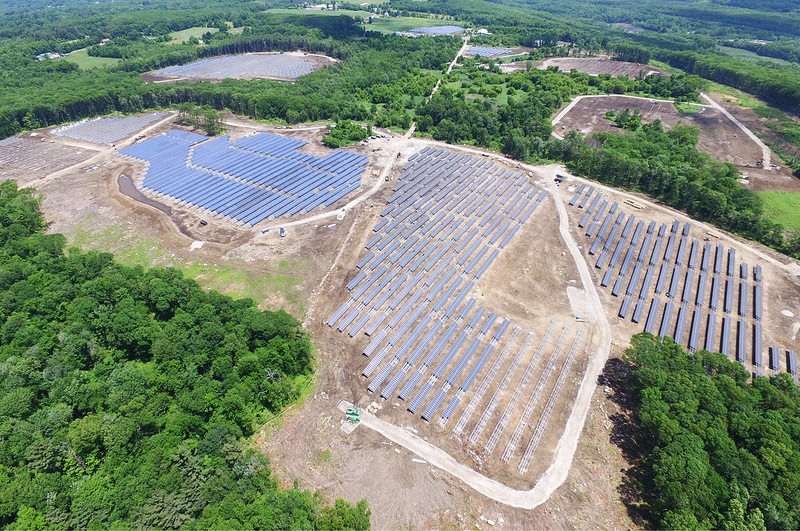Enrique Armijo: Hello Juanele, it’s my pleasure. The thing is that we see by far too many solar projects. For example, just in Malaga, we are aware of 120 projects. If all these projects were ahead, it would produce up to 4 times the province demand. It’s nonsense!
Furthermore, the new regional government wrote in a rush the law which covers the energetic transition. Also, under pressure from the energy lobby, the final draft is very simple, with low requirements control. It gives free access to speculative projects that don’t take into account the social context, the municipal features, or even what the council says.
Therefore, overnight the councils are overwhelmed with the number of projects and have no technical or professional capacity to deal with it as they are small councils with limited resources.


